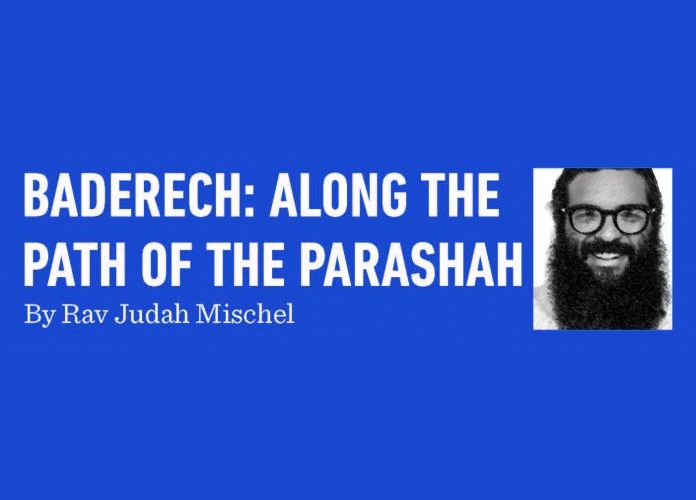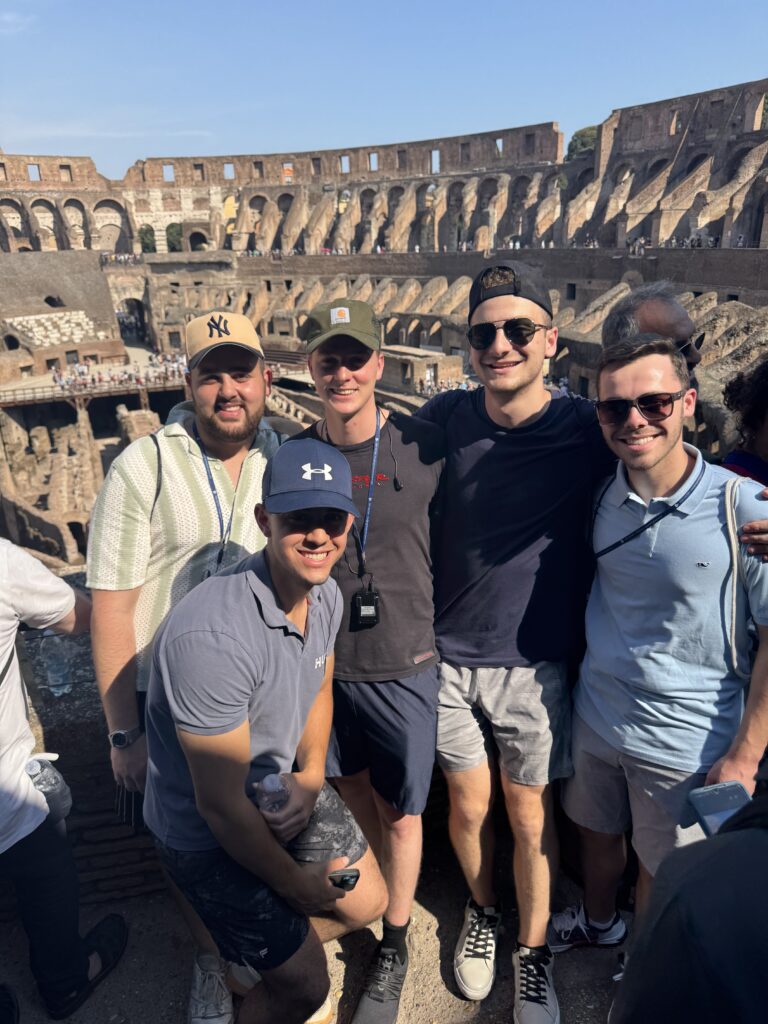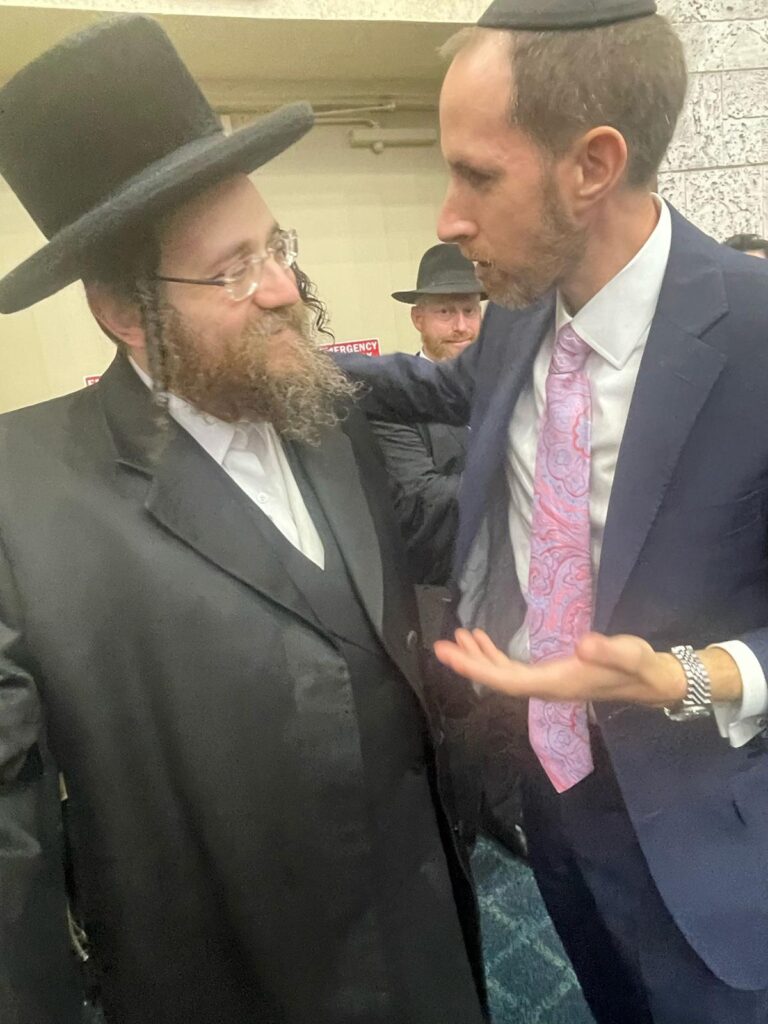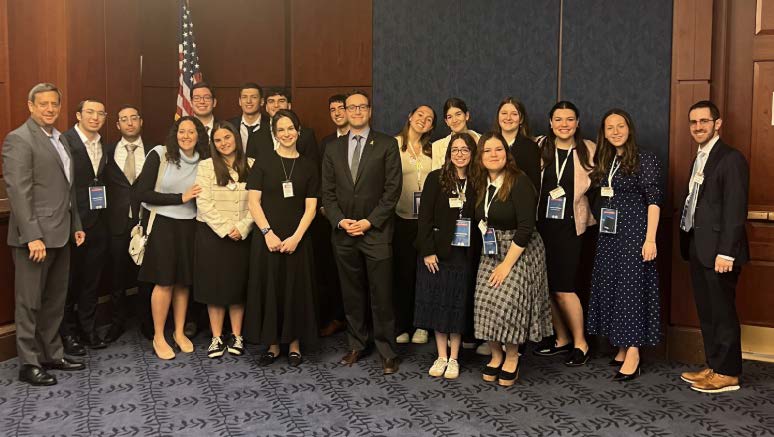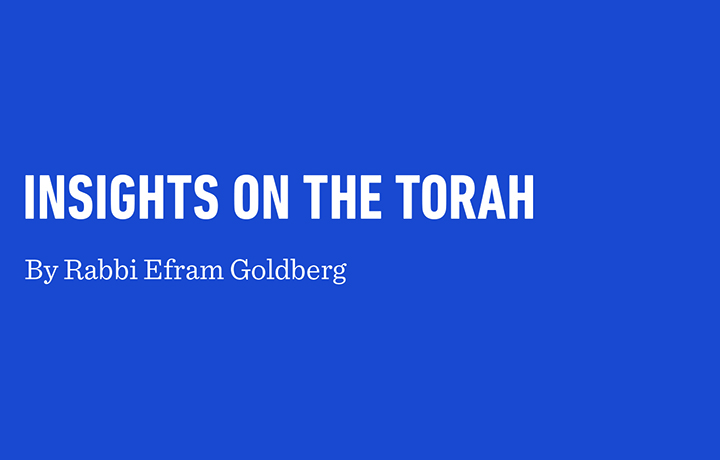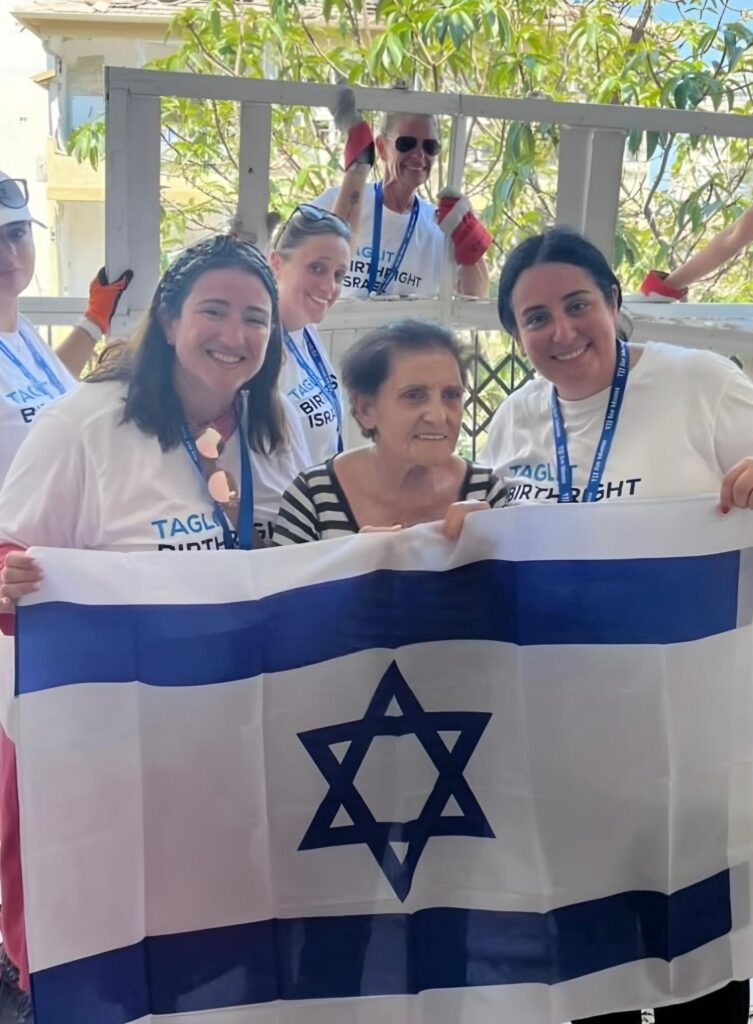Nachamu: This Place
Few have made a mark on the spiritual and literal landscape of our generation as Rav Shlomo Riskin. The legendary teacher, passionate and independent-minded visionary, and rosh yeshiva of Ohr Torah Stone has dedicated his life to serving the Jewish people. Rabbi Riskin’s accomplishments on behalf of Soviet Jewry, in founding Lincoln Square Synagogue, and in being one of the primary builders of Efrat are extraordinary contributions to modern Jewish history.
In his memoir, Listening to G-d, Rabbi Riskin tells of an acquaintance, a Holocaust survivor whose wife and children were murdered in the war. Rabbi Schwartz remarried, had two sons, and in 1964, the family made aliyah and moved to Eretz Yisrael.
Soon after arriving in Eretz Yisrael, the Schwartz family’s eldest son was killed in action during the Six Day War. Then, in the final days of the Yom Kippur war, their second son, their only remaining child, fell in battle al kiddush Hashem, as well. At the time, Rabbi Riskin was in Israel, visiting as part of a chizuk solidarity mission, and described the extraordinary shiva visit at #8 Shimoni Street in Yerushalayim:
There must have been close to a hundred people who had come to try to console them; the rav and his wife were sitting and not speaking. There was a heavy silence in the room. I stood in the back of the room for about twenty minutes. I didn’t even know if Rav Schwartz remembered me at all… I began to leave, and, as I did so, I walked past Rav and Rebbetzin Schwartz, saying what one always says when one leaves a house of mourning: “May the Almighty console you among the mourners of Zion and Jerusalem….”
Rabbi Schwartz looked up and addressed me: “Why is the prayer that you express to a mourner addressed to ‘HaMakom’? HaMakom means ‘place.’ Yes, in this context it’s a synonym for G-d, because the whole world is G-d’s place. But wouldn’t it have made more sense for consolers to say Hashem yenachem etchem, ‘May the G-d of compassion console you,’ or even ‘May Elokim, the G-d of judgment, Creator of Heaven and earth, console you’? Why use ‘HaMakom,’ the Place?
“Let me explain what I now understand for the first time. When my family was destroyed in the Holocaust, there was no ‘comforting’ me. It was so senseless, so absurd. But now that I have lost my only remaining sons and we have no chance for other children, I am sad, broken beyond even the ability to speak. Nevertheless, I am comforted. At least this time my sons died so that the Jewish people could live; they died in defense of the Land and People of Israel. They gave their lives in defense of Yerushalayim, for the sake of the Jewish future. ‘The place’ is Yerushalayim, Eretz Yisrael, our Jewish state. HaMakom menachem oti…—this place comforts me among the mourners of Zion and Jerusalem!”
Since last Tishah B’Av, we have experienced another year of war, with immeasurable losses of family and friends, neighbors, brothers, and sisters, who have fallen in service to Klal Yisrael. On this Shabbos Nachamu, may all of us who have shared the challenge of difficult days be blessed to share joyous occasions and see and experience revealed good, with the restoration of Jewish pride and wellbeing.
In these days of sacrifice and Jewish heroism, of dedication and rebuilding, “the place” does indeed comfort us; we are ever grateful for the opportunity to live in our beautiful, eternal homeland. May all those who mourned personal and national losses on this Tishah B’Av be comforted by the Place, for Whose sake our loved ones gave their lives. May Hashem avenge their blood, and console us, and may we merit the arrival of the complete and true Redemption.
Rav Judah Mischel is executive director of Camp HASC, the Hebrew Academy for Special Children. He is the founder of Tzama Nafshi and the author of the “Baderech” series. Rav Judah lives in Ramat Beit Shemesh with his wife Ora and their family.





